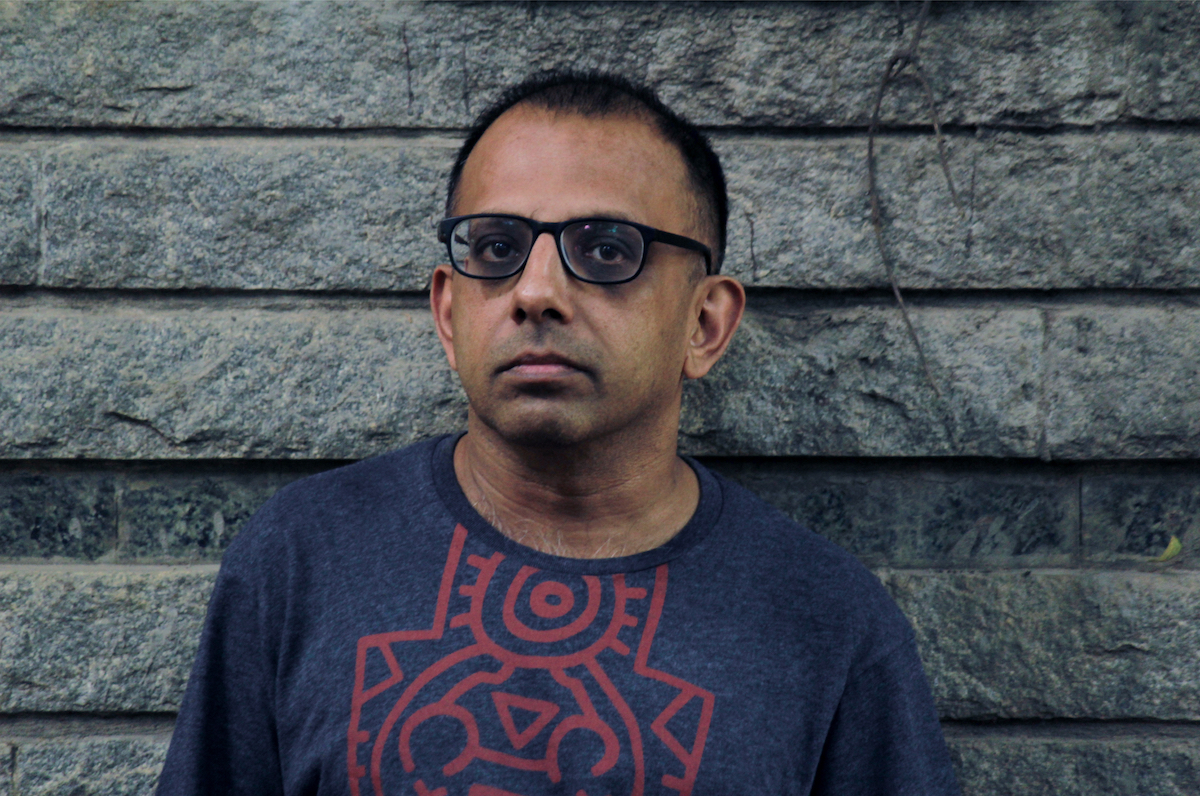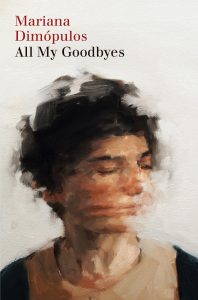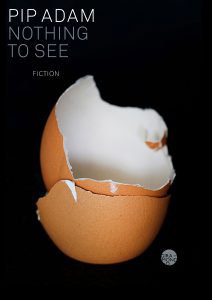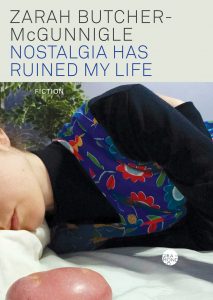Basket
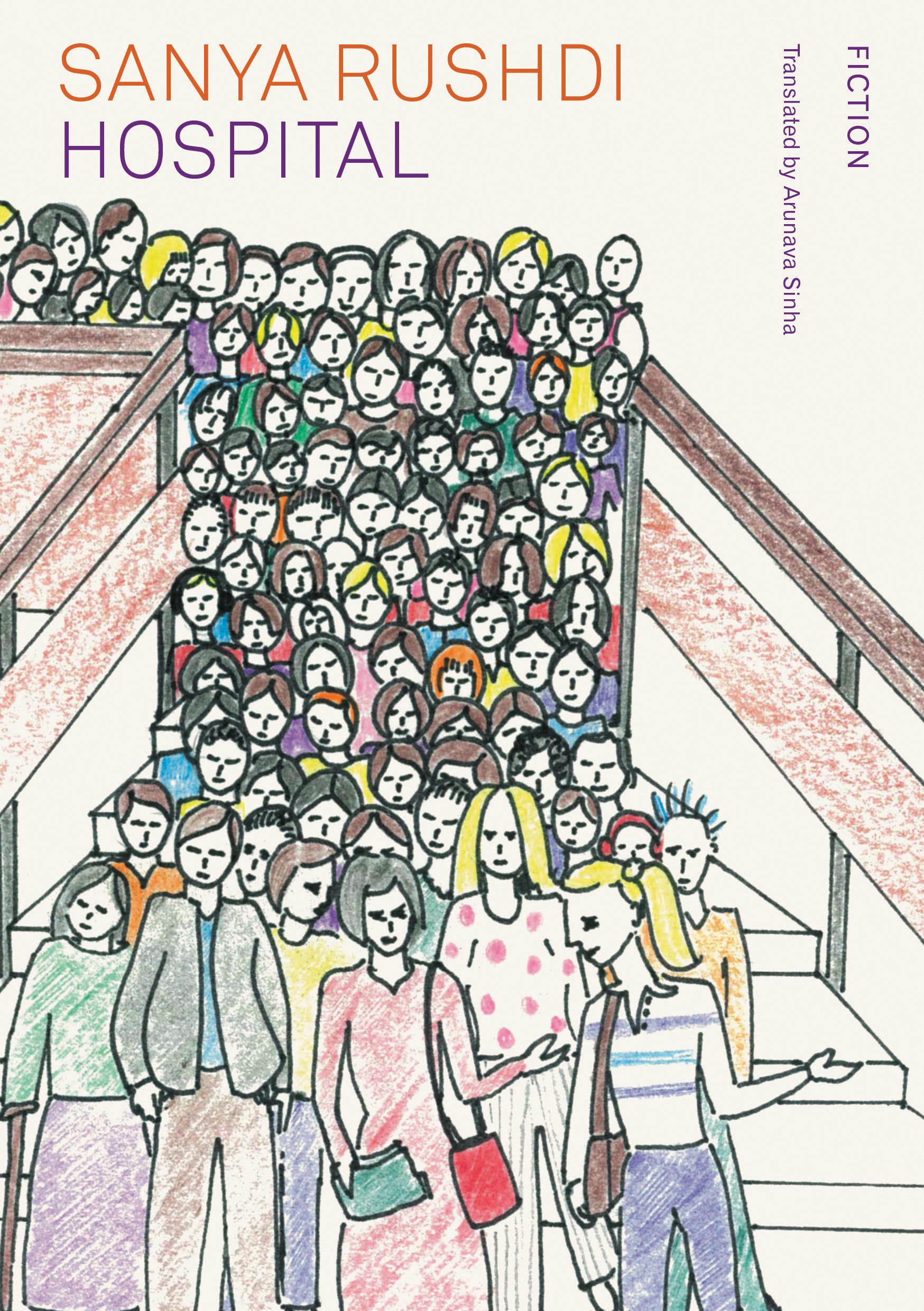
Hospital
Shortlisted for The Stella Prize
A daring literary account of a young woman’s experience of psychosis by Bengali-Australian writer Sanya Rushdi.
In Melbourne a one-time research student with interests in philosophy and psychology is diagnosed with her third episode of psychosis. As she is moved from her family home to a community house and then to hospital, she questions the diagnosis of her sanity or insanity, as determined and defined by a medical model which seems less than convincing to her. Indeed questioning seems to be at the heart of her psychosis, in her over-active interpretations of signs and gestures, thoughts and emotions – and one understands these to be an expression of her intelligence, even if they seem illusory. She tells her story in a calm, rational voice, with an acute sense of detail and an objective air, as she wonders when the next psychotic episode will materialise, or if it hasn’t arrived already.
Based on real-life events, translated from Bengali by the award-winning Indian translator Arunava Sinha, Hospital is an extraordinary novel that portrays the experience of psychosis and its treatments in an unflinching and understated way, while struggling more broadly with the definition of sanity in our society.
SHORTLISTED: The Stella Prize 2024
SHORTLISTED: Miles Franklin Literary Award 2024
An unflinching, insightful and delicately wrought work of autofiction that brings devastating lucidity to the often-opaque realm of mental health. Drawn from Rushdi’s own experience with psychosis, it is a novel that bucks the classic tropes and cliches, eschewing sensationalism and sentimentality in favour of an invitation to meaningful engagement and understanding.
Judges’ comments, The Stella Prize 2024
Hospital is a remarkable study of the self, and of the mind out of its mind. It is a descent not into madness, but into language. Language, in Rushdi’s novel, is the only thing with the power to heal, as well as that which stands between the self and others. In the hospital, meaning is never agreed upon. And yet the hospital emerges from its pages as a time, a place, and a psycho-social phenomenon. The book acts as a rare bridge into its world, told from the insider perspective of the patient. Thus Rushdi does what is nearly impossible, narrating the irrational mind without loss of insight. Hospital is a testament to art as translation and translation as art.
Eda Gunaydin
Rushdi’s brilliant novel offers privileged access to an unusually lucid mind at work. It is unadorned, powerful, and raises big questions about society, the self, and what passes for ‘sanity.’
Chris Fleming
It’s remarkable how quietly Hospital builds and how understated it is. The ground shifts, imperceptibly, and shifts over and again – and these profound unsettlements happen in the most ordinary, familiar places and exchanges: even these cannot be trusted, and there’s nothing left to which the self might be secured.
Fiona Wright
Possibly the best portrayal of psychosis I’ve read…While there is the creeping paranoia, the constant misinterpretation of basic social cues, the crushing, Kafkaesque absurdity of involuntary institutionalisation, and the constant battle raging over the need for medication, the real magic of this book is found in how Rushdi navigates it all…It all makes for an engrossing read; sweet, frustrating, surprising and always thought-provoking.
Bram Presser
Rushdi successfully plays with, and in the process, ruptures societal definitions of what constitutes a mental illness. That the narrative is written in the aftermath of her being institutionalised against her will, in a place that intentionally seeks to destroy any sense of clarity and selfhood, makes it all the more urgent.
Sonia Nair, Meanjin
With heart-wrenching precision, Rushdi’s poignant prose takes us on a journey that evokes both empathy and enlightenment…Rushdi’s raw and visceral depiction of [the character] Sanya’s journey leaves an indelible mark on the reader, reminding us of the unrelenting power of the human spirit in the face of adversity.
Shumaila Taher, The Federal
Hospital is not just an act of magnificent storytelling, it is a vehement plea to be heard, to be recognised, respected, cared for, and loved. It is a story of empathy, compassion, and warmth.
Ipshita Mitra, Feminism India
Rushdi’s novel is a provocation. Hospital is proof that language, and indeed writing, is an escape from our mental prisons.
Cher Tan, ABC Arts
Translucent and incisive…Hospital is exceptionally moving. It is a novel which lingers; it sticks to the skin. Weeks after finishing it, I return, repeatedly, to the fragments which arise in my memory.
Ellie Fisher, Westerly
A clear-eyed look at the role language plays in diagnosis, and asks what it means to be sane in a world that is anything but.
Mel Fulton, The Big Issue
Rushdi has managed to write an enduring piece of autofiction, a compelling account of psychosis that neither sensationalises nor withers away any sentimentality from the struggles of mental health.
Shahriar Shaams, The Daily Star
About the Author & Translator
Reviews
Rushdi’s novel is a provocation. Hospital is proof that language, and indeed writing, is an escape from our mental prisons.
ABC Arts


